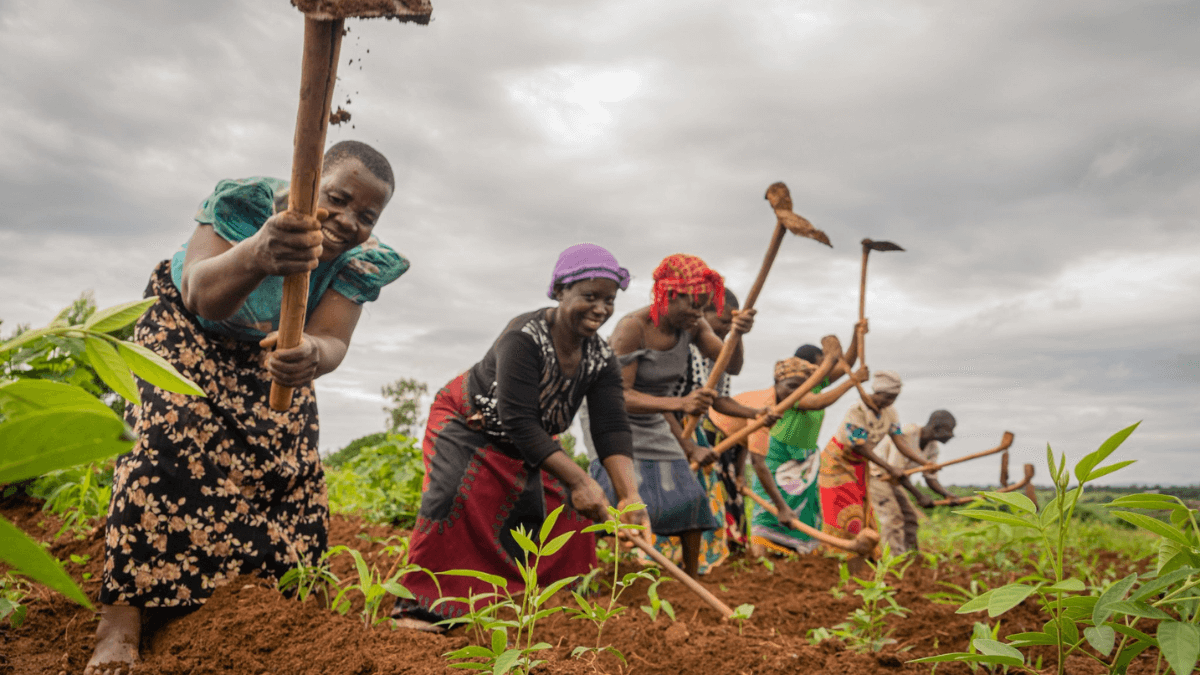News in brief:
– Nigerian rural women farmers persevere despite challenges like theft, climate change, and inflation.
– They call for government support to boost production, including access to fertilisers and modern farming tools.
In celebration of the International Day for Rural Women, this year’s theme, Rural Women Cultivating Good Food for All, shines a light on women farmers in northeastern Nigeria. These women, despite facing theft, climate change, and inflation, continue to produce food for their communities, according to report.
Yagana Bukar, a widow from Yobe State, shares how she manages her family of eight through farming. Restricted to growing low-lying crops like groundnuts, beans, and bambara nuts due to security concerns, she harvests around 30 bags of groundnuts annually across her three-hectare farm.
Similarly, Walkiya Mathew, a rice and corn farmer in Adamawa State, recounts the impact of floods that swept away her rice field, highlighting the unpredictable nature of farming.
Climate change, inflation and fertiliser shortage
Climate change has worsened flooding in the region, leading to crop destruction. Walkiya, mentioned above, lost her entire rice farm to floods, which directly impacted her income and her community relying on her produce.
Inflation has also hit these farmers hard, increasing the price of essential supplies like groundnut seedlings and fertilisers. Tani Bitrus, another farmer from Borno State, shared how the rising costs affect their harvest, reducing both quality and quantity. Most farmers now rely on traditional fertilisers like cow dung, which are less effective than industrial alternatives.
Overcoming theft and insecurity
Theft is another issue plaguing these rural women. Criminals often steal groundnuts, forcing early harvesting and resulting in reduced sales. These challenges, coupled with security restrictions, limit their crop variety and production.
Despite these setbacks, these women remain determined. Meanwhile, they call on the government for support, particularly in providing subsidised fertilisers and resources that can help boost production, reduce losses, and improve their livelihoods. Their stories underscore the need for stronger support systems to meet global goals like ending hunger by 2030.
Rural women face disproportionate challenges in agriculture. Despite being essential to food production and climate resilience, they lack adequate resources, tools, and government backing to expand their farms and produce more food.



